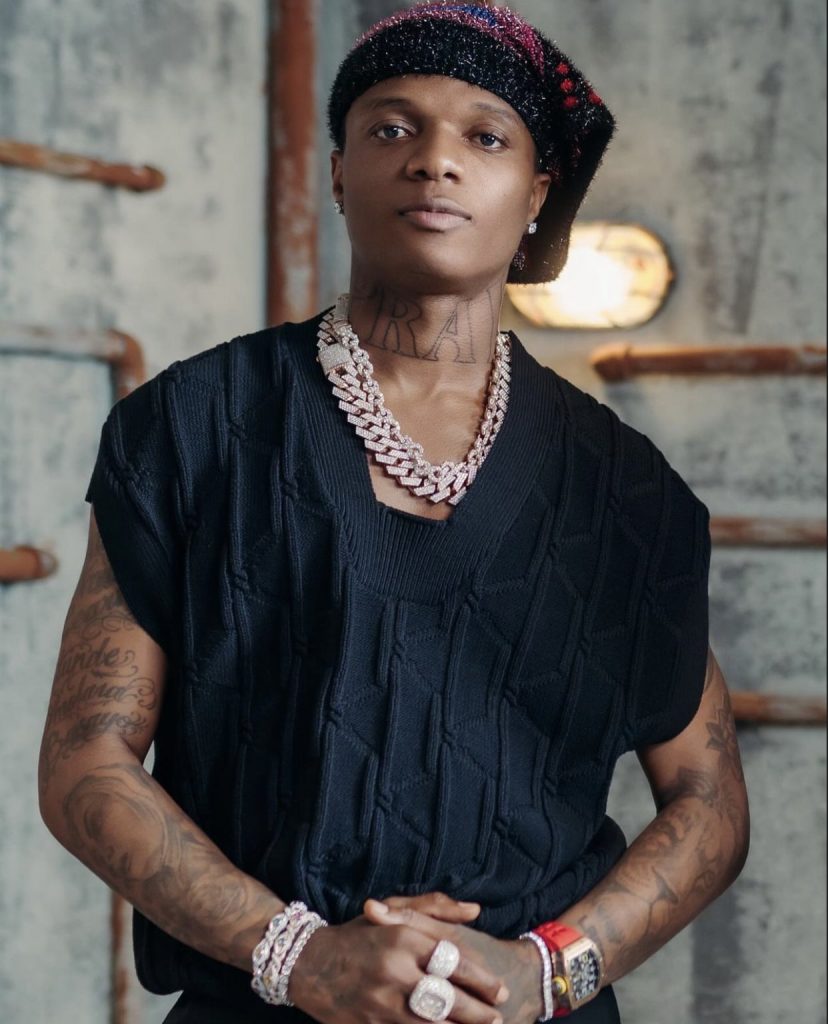



Afrobeats has gone global, and the Recording Academy is finally giving it its flowers. In a surprising yet impactful move, the Academy unveiled its Top 10 Afrobeats Evolution Songs, a curated list that celebrates the genre’s roots, evolution, and standout moments. The selection includes artists like Rema, Asake, 2Baba, and Wizkid, yet it has stirred conversation due to the absence of other major figures whose contributions have undeniably shaped the genre.
Following its release, the list stands as a historical bookmark, a deliberate effort by the Recording Academy to document the journey of a genre that has broken language barriers, topped global charts, and shaped cultural narratives across continents. Featuring artists such as Asake, 2Baba, and Wizkid, the selection brings attention to influential figures in Afrobeats’ growth and has sparked widespread conversation over those who were not included.
This leads us to ask: What exactly went into this list? What does it say about how the West views Afrobeats? And how does it shape the broader narrative of a genre that has become a global phenomenon?
New Grammy Spotlight

Afrobeats is booming. Global tours, Billboard placements, and Grammy nominations have made it impossible for the industry to ignore. The Recording Academy now appears more intentional in its efforts to highlight the genre. This list serves as a gesture of inclusion; an acknowledgment that Afrobeats represents a lasting cultural movement.
The criteria for the list, however, remain vague. There’s no mention of sales, awards, or streaming stats. It appears to be curated based on cultural impact, influence, and perhaps editorial perspective. The selection draws attention to songs that mark different eras and sounds within Afrobeats, helping to narrate its progression from localized buzz to global rhythm.
It also signifies that the Grammys, watching from the sidelines, are also documenting, curating, and archiving the story of Afrobeats with intent.
The Top 10 Songs (Overview)
Here’s a quick snapshot of the songs and artists recognized by the Recording Academy:
- “African Queen” – 2Baba (2004)
- “Do Me” – P Square (2007)
- “Bumper 2 Bumper” – Wande Coal (2009)
- “Pon Pon Pon” — Dagrin (2009)
- “Azonto” – Fuse ODG ft. Tiffany Owusu (2014)
- “Ojuelegba” – Wizkid (2014)
- “Mad Over You” — Runtown (2016)
- “Maradona” — Niniola (2017)
- “Sungba” — Asake (2022)
- “Ozeba” – Rema (2024)
The list presents a strong cross-section of the genre’s evolution, highlighting both classic hits and contemporary anthems. It celebrates the artists and songs that have helped shape Afrobeats’ identity over time, drawing attention to sonic milestones, cultural moments, and musical innovation. It also brings to light how the Academy interprets the genre’s timeline, placing emphasis on certain eras and voices over others.
Why Certain Giants Missed Out
One possible explanation lies in the criteria or lack thereof. The Recording Academy hasn’t released detailed reasons for its selections, but the pattern suggests a focus on evolution over pure popularity. This is about songs that transformed the sound, broke new ground, or unlocked a new era not necessarily the biggest chart-toppers.
In that light, Burna Boy’s commercial peak may have come “too late” for the list’s narrative arc, which starts in the early 2000s and builds toward the present. Similarly, Davido’s breakout hits, while massively influential, may have been seen as following an existing wave rather than launching a new one. For D’banj, the reasoning is even murkier but perhaps the Academy sees “Oliver Twist” as more of a crossover single than a genre-evolving moment.
Of course, these are interpretations, not justifications. Many fans argue that these omissions show the disconnect between global gatekeepers and African audiences. The Recording Academy may be well-intentioned, but their understanding of Afrobeats might still be through a Western lens where global virality is misunderstood as novelty, and deep local influence gets overlooked.
That said, it’s possible this is just the beginning. The Academy might plan to spotlight other sides of Afrobeats in future lists or categories. For now, though, the absence of Burna, Davido, and D’banj speaks volumes, and fans are making sure their voices are heard.
Reflecting on the Legacy and the List
The Recording Academy’s Top 10 Afrobeats Evolution Songs list is bold, timely, and undeniably important. It gives flowers to legends like 2Baba and P Square, and celebrates the contemporary brilliance of artists like Asake, Rema, and Wizkid.
The conversation it has sparked reflects the passion and pride surrounding Afrobeats. As fans engage with the list, many express hope to see broader representation in future spotlights. The dialogue emphasizes how deeply connected audiences are to the genre’s journey and how its history continues to unfold.
This moment signals that Afrobeats is being archived on a global stage. Whether or not every name is included, the genre’s impact is undeniable, and the world is paying attention.